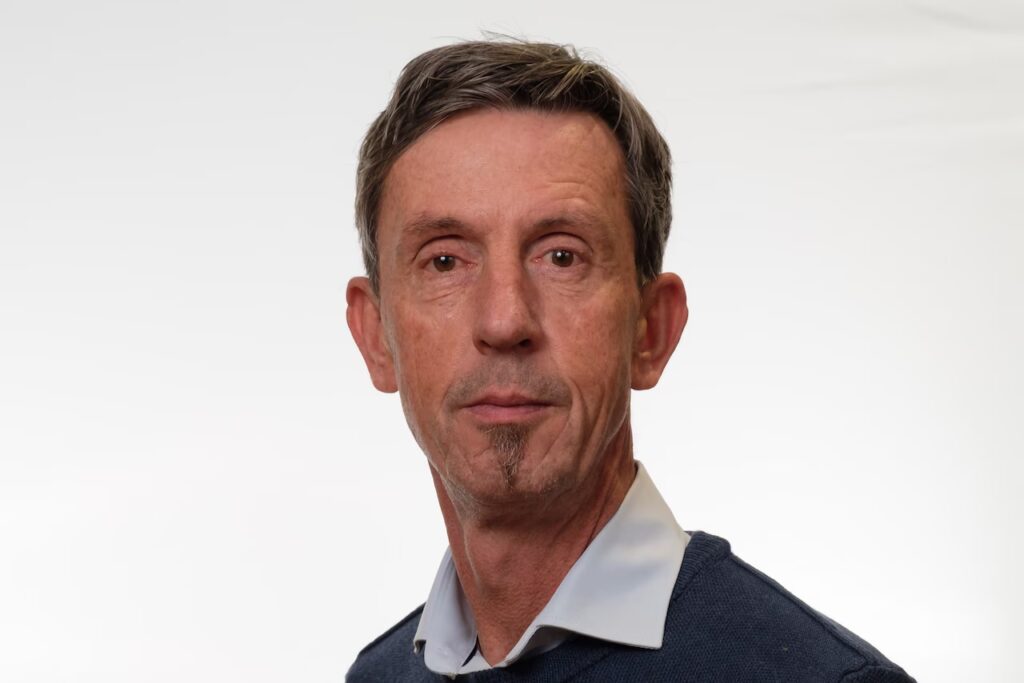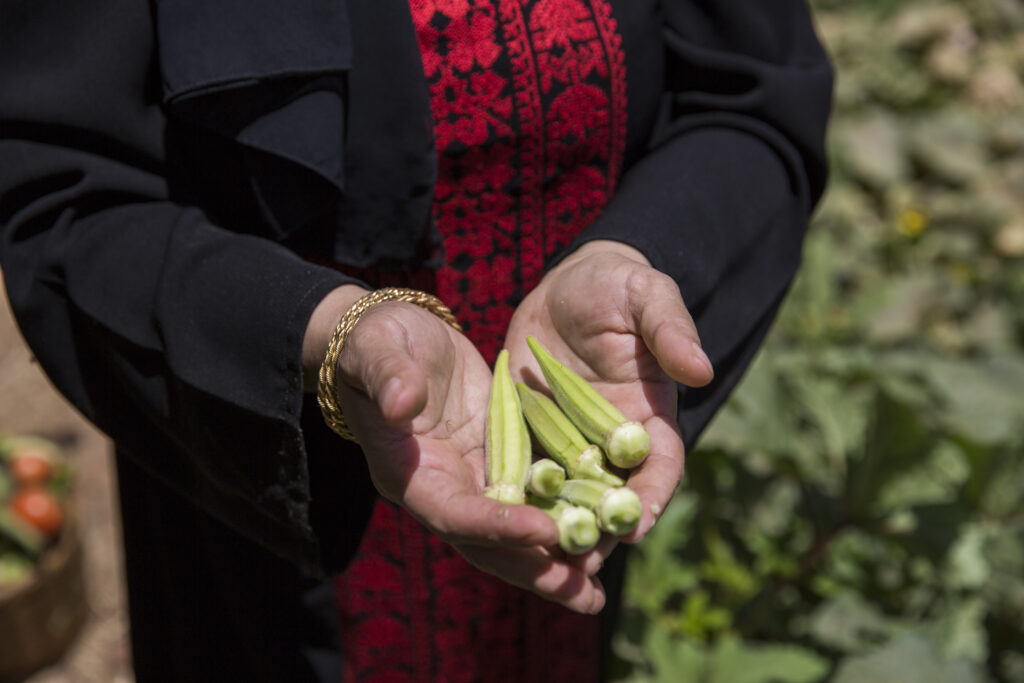By Bart de Steenhuijsen Piters
Foresight4Food is organizing its 5th Global Workshop in June titled “Foresight for Transformative Action in Food System”. To raise the tip of the curtain on this exciting event, we have asked Bart de Steenhuijsen Piters, Senior Scientist Food System at the Wageningen University and Research and Foresight4Food FoSTr programme facilitator, to share some of his thoughts and expectations. Here is what he has to say:

The myth of the “Global” food system
As we approach the 5th Global Foresight4Food Workshop in Jordan, I find myself reflecting on what it truly means to transform our food systems—and what role foresight can play in helping us get there.
Let me begin with a provocation: I believe the idea of a global food system is, in many ways, an illusion.
When we speak about the global food system, we often forget that it’s simply the aggregation of countless national and subnational systems. No one actor is responsible or able to govern it. The UN may think so, but that is an illusion. Instead, we have trillions of individuals, institutions, and businesses shaping the system every day. This diffused responsibility makes governance incredibly complex and leads to a kind of mystification, where the real (geo)political and economic dynamics at lower levels are ignored or misunderstood. Yet, all these food systems are connected for sure. Just look at the effect of the Trump administration and its tariff policies on food markets worldwide.
This is precisely where foresight can help—not by giving us a top-down blueprint but by helping us navigate complexity, anticipate challenges, and co-create transformative pathways.
What success looks like for the 5th Global Foresight4Food Workshop
For me, success for the 5th Foresight4Food Workshop doesn’t lie in just producing new scenarios. It lies in helping us figure out how to act in those scenarios.
I want us to co-develop a joint narrative around food system transformation. I want us to compare how different countries are exploring their options. Most importantly, I want us to dive into the real-world, practical question: how do we move from insight to impact? How do we build pathways for change that involve multiple actors, each taking responsibility? And how do we lead, especially when the pathway forward is contested and uncertain?
These are the questions I hope we will tackle together in Jordan.
Regional collaboration is crucial

One of the most powerful levers for transformation is regional cooperation. Not only does it allow us to share experiences and foresight approaches among practitioners, but it also aligns with the need for more localized, resilient food systems. This is especially critical in times when global markets are being challenged, multinational food companies continue to concentrate their power and food is more and more used for geopolitical purposes.
We need shorter, regional supply chains and production systems that are better tailored to local contexts. Regional platforms are essential for this. They help us valorise knowledge and foster innovation where it matters most—on the ground.
The leadership we need
Food system transformation demands leadership on many fronts.
We need business leaders who are willing to shift course—who can rethink business models that currently drive unsustainable outcomes and align their strategies with public goals like healthy diets and environmental sustainability.
But we also need leadership that can manage conflict and mediate between diverse interests. Sometimes, this means making bold policy decisions, even when powerful actors resist change. That kind of leadership isn’t easy—but it’s necessary.
A call for courage and collaboration
My hope for this workshop is that it becomes a space of real collaboration. A space where participants listen to each other, share not only their successes but also their failures, and resist the urge to simply push their own agendas.
We need the courage to explore the unknown together. To ask hard questions. To face the uncomfortable truths. Because only then can we unlock the systemic changes our societies so urgently need—and that, too often, are still moving too slowly or stalling altogether.
I look forward to learning with and from all of you in Jordan.